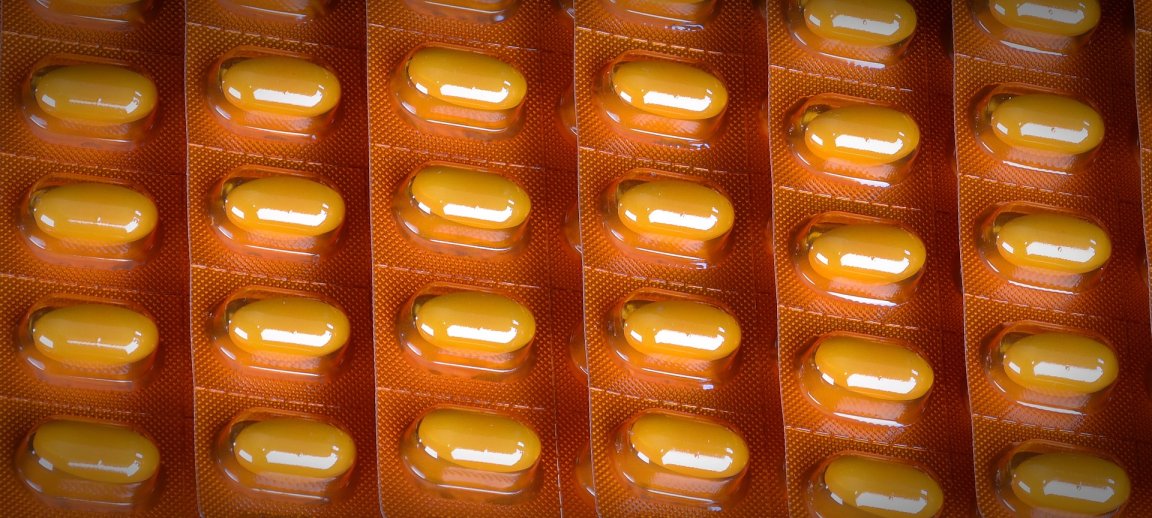
Dangerous Deluge
An ongoing investigation by the House Energy and Commerce Committee has found that drug companies are dumping staggering amounts of highly addictive and dangerous opioid pills into small towns in West Virginia. Over the course of ten years (2006 – 2016) nearly 21 million pills of hydrocodone and oxycodone were sent to just two pharmacies in Williamson, West Virginia, a tiny town with a population of only 3,191, according to the latest census data.
The state could be considered an epicenter of the national opioid crisis, as West Virginia has the highest rate of drug overdose deaths in the entire country, according to the CDC.

A set of letters sent to two pharmaceutical distributors, Ohio-based Miami-Luken and Illinois-based HD Smith, were released by the committee earlier this week. The letters lay out the distribution data to the town and asks the companies to respond to the exorbitant number of opioid pills making their way into this rural region. The two pharmacies in Williamson are located just blocks from each other.
In 2008 alone, Miami-Luken also delivered enough opioid pills to supply every person in Kermit, West Virginia — a town of only 406 people — with 5,624 pills. In another instance of “pill dumping,” the company delivered 4.4 million hydrocodone and oxycodone pills to Oceana, West Virginia (population 1,394).
Speaking to the Charleston Gazette-Mail, the committee heads Chairman Greg Walden (R-OR) and Ranking Member Frank Pallone, Jr. (D-NJ) said: “We will continue to investigate these distributors’ shipments of large quantities of powerful opioids across West Virginia, including what seems to be a shocking lack of oversight over their distribution practices.”
Holding Them Accountable
In response to the release of the letters, HD Smith made a statement to the Washington Post saying that the company “operates with stringent protection of our nation’s healthcare supply chain. The company works with its upstream manufacturing and downstream pharmacy partners to guard the integrity of the supply chain, and to improve patient outcomes. The team at H.D. Smith will review the letter and will respond as necessary.”
Miami-Lukin representatives said that the company is “fully cooperating” with the inquiry and will be “providing them with all the information they’re requesting.”
Law enforcement is cracking down on the opioid epidemic, which is responsible for 115 deaths each day in the United States. A staggering 40 percent of those deaths can be attributed to prescription drugs. Attorney General Jeff Sessions announced that the Drug Enforcement Administration (DEA) will scour reports compiled by the agency to search for clues about companies dispensing ridiculous amounts of these drugs to disproportionately populated regions. “That will help us make more arrests, secure more convictions and ultimately help us reduce the number of prescription drugs available for Americans to get addicted to or overdose from,” he said.
New York City is also taking a stand against pharmaceutical companies by pursuing legal action against the manufacturers and distributors of prescription opioid drugs for misrepresenting their product and flooding the market with the dangerous drug.
Holding bad actors accountable is just one of the battles this epidemic has unleashed on the country. Getting people off of these drugs and preventing future addicts from forming is perhaps a much bigger concern. Technologies are being developed to reduce the symptoms of opioid withdrawal. Meanwhile, scientists from the University of North Carolina at Chapel Hill are working on a non-addictive opioid, which could help patients manage pain in a much safer manner.